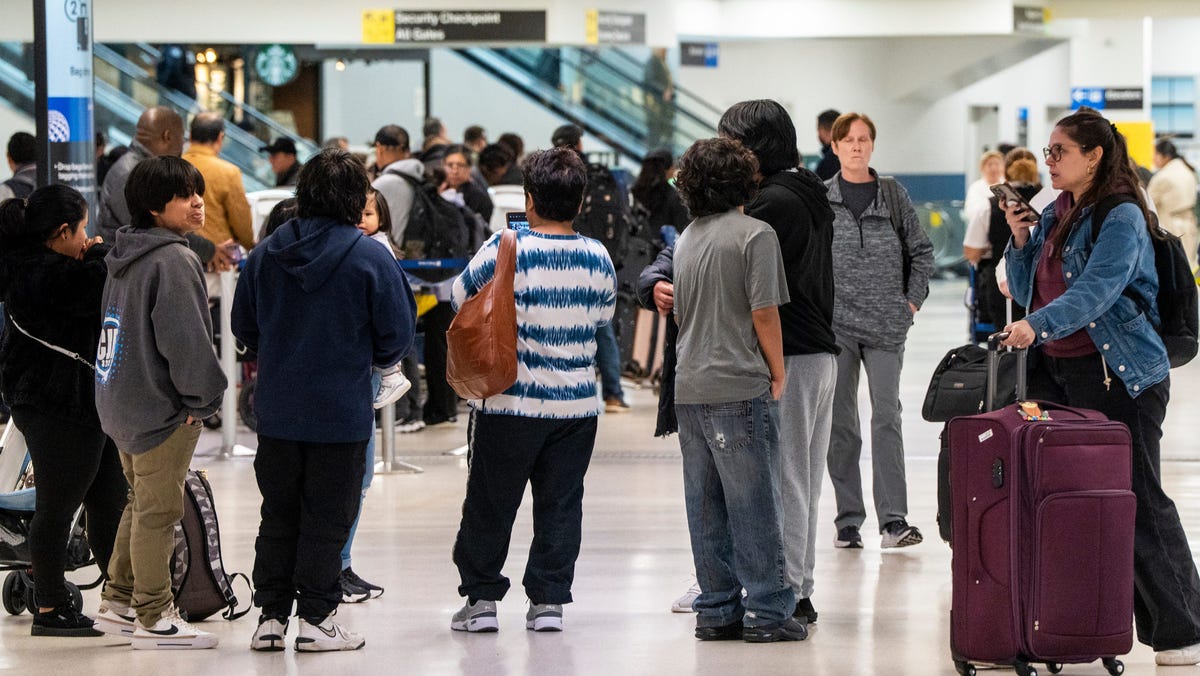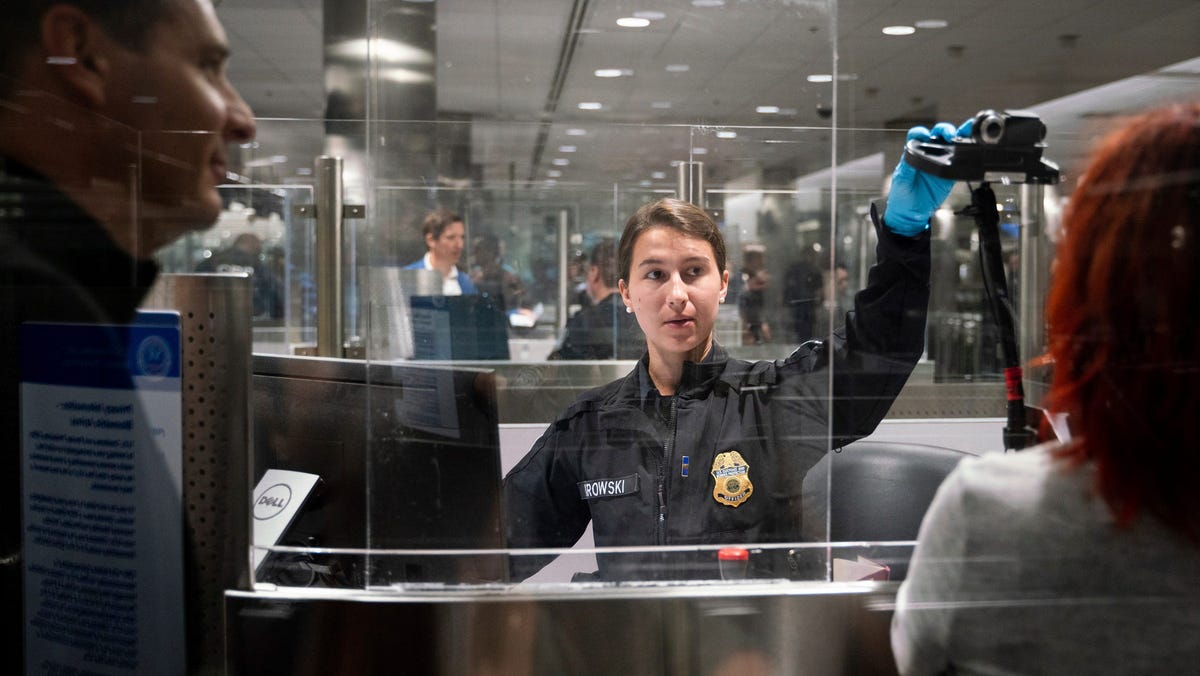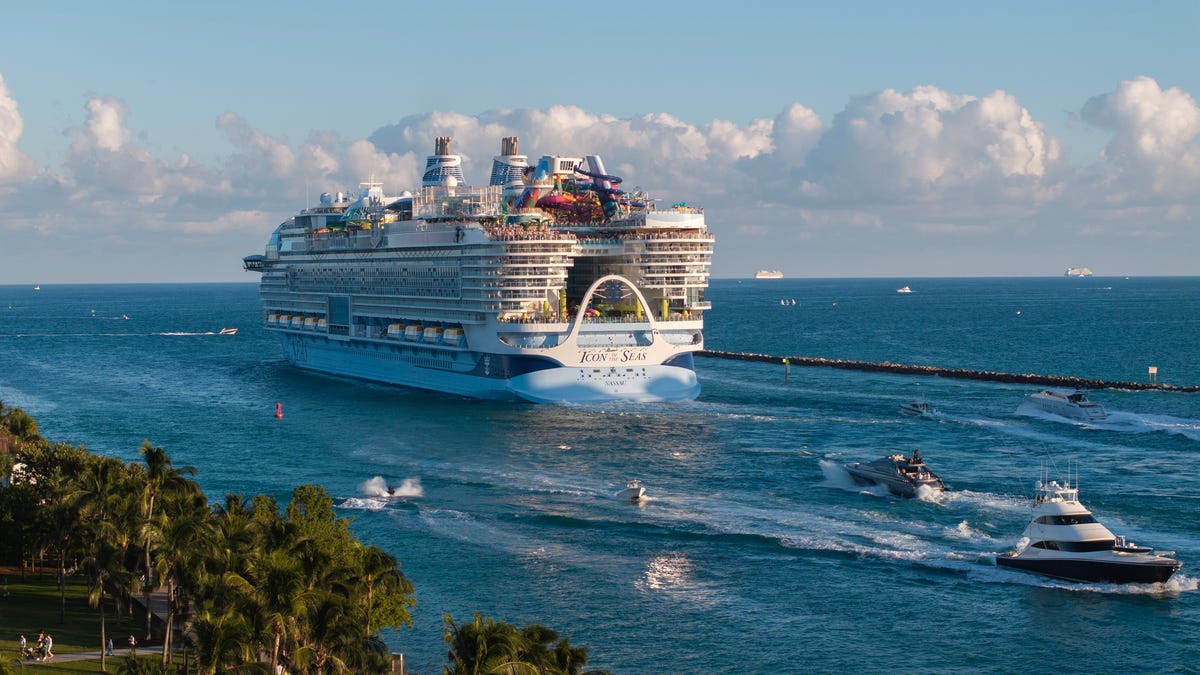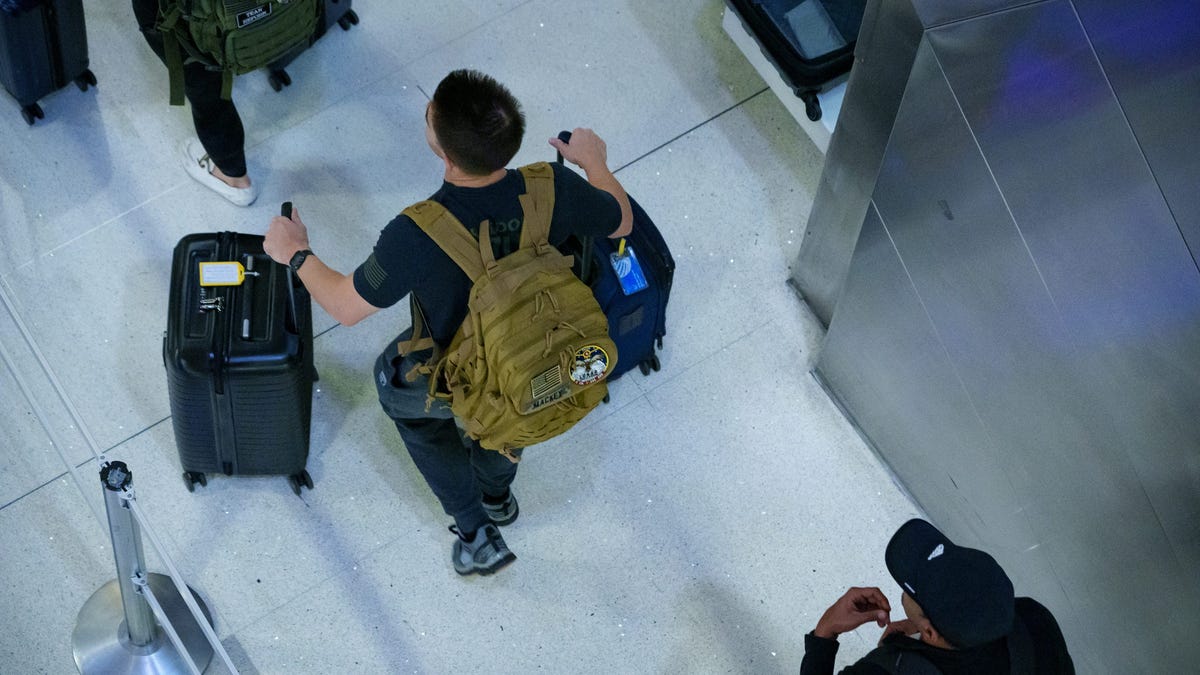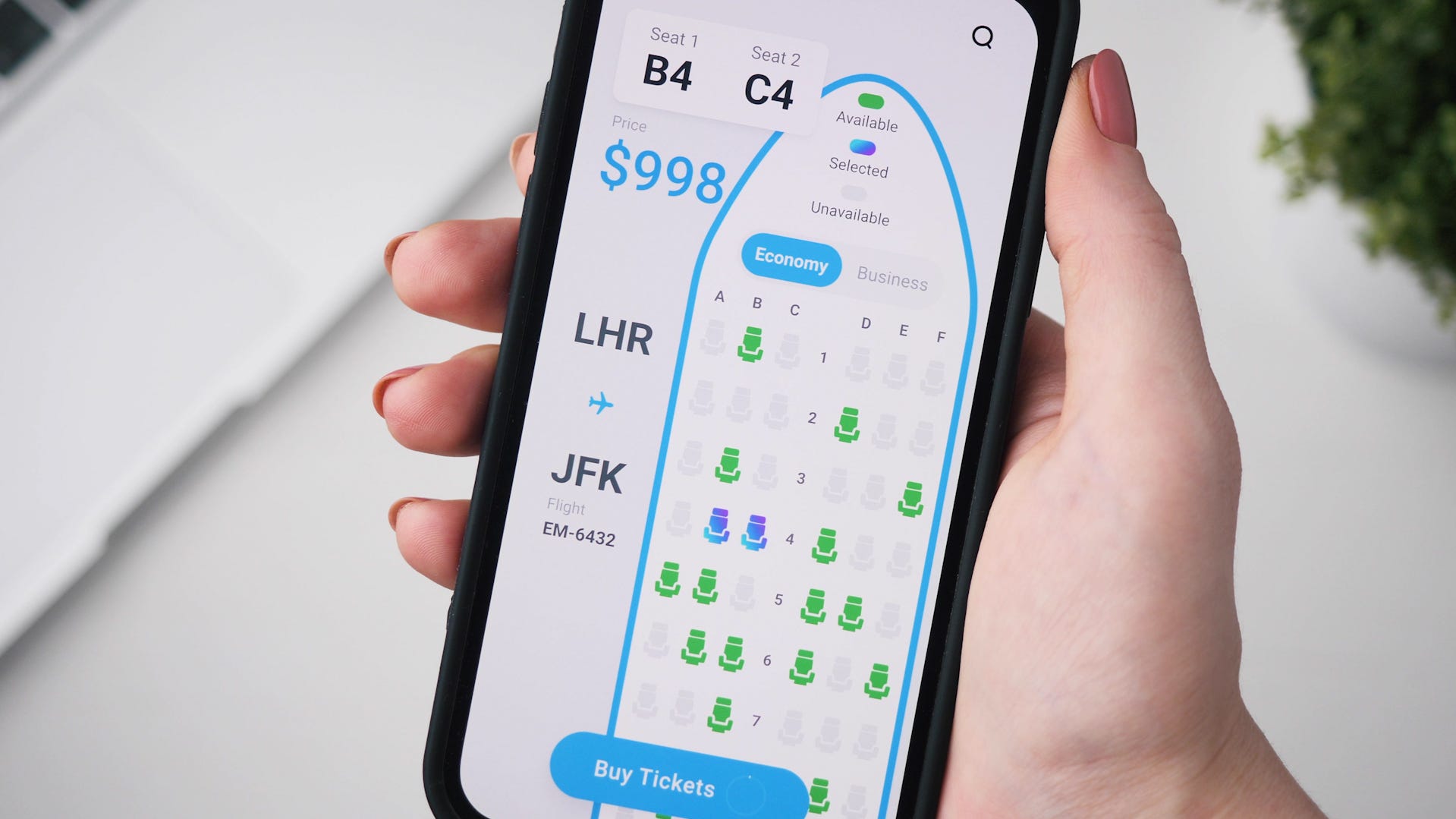
Do airlines show the same airfare rates to everyone?
Can airlines really track your flight search history to increase rates shown to you?
- Some airlines are charging solo travelers higher fares, according to a recent report.
- This practice is not widespread and airlines have not commented on it.
- It is difficult to determine if you are being overcharged, but price prediction tools may help.
Airlines may be charging solo travelers more.
Thrifty Traveler, a well-known travel and flight deal website, exclusively reported last week that major airlines were charging more for passengers booking a single ticket.
“We stumbled upon a new pricing strategy that was not very widespread but no less troubling at the nation’s three largest airlines,” Kyle Potter, executive Editor of Thrifty Traveler, told USA TODAY. “This is what they do with all of their fares, they roll things out on a limited basis and slowly expand until it becomes ubiquitous.”
Potter said he wasn’t able to get any airlines to go on the record about the specifics behind their pricing policies, and that after his report published, Delta Air Lines and United Airlines eliminated solo pricing rules in their fare classes, leaving American Airlines as the only carrier that still seems to be profiting from the fare differential on some routes.
USA TODAY reached out to the airlines for comment.
Still, the report left many passengers wondering what was going on, so here’s what you need to know.
Are airlines charging single travelers more?
Yes, at least sometimes. Thrifty Traveler was able to find multiple examples of airlines charging higher fares for single passengers, though it wasn’t being applied evenly across airlines’ networks.
“Based on our hundreds of searches, we were only seeing it on select domestic one-way flights,” Potter said.
How common is it for airlines to charge extra for solo travelers?
It’s not very common.
“In terms of the hit rate, it was probably in the neighborhood of five to 10 out of 100 domestic one-way searches without any real pattern for which routes they were deploying this on that we could see,” Potter said
USA TODAY reached out to multiple travel agents, none of whom had seen this pricing tactic before.
“Nope,” Loulu Lima, founder of the Texas-based travel agency Book Here Give Here, responded to an email asking if she was familiar with this pricing strategy. “I buy solo tickets all the time.”
Still, airline pricing is famously opaque. There’s no set schedule for how and when carriers adjust airfares, and the companies have wide latitude to set prices however they decide is best.
Airlines also often try to separate business travelers from leisure travelers, because business travelers are typically less price sensitive. One of the most well-known ways airlines read the travel purpose tea leaves is a weekend stay.
Business travel typically happens during the week, so an airline itinerary that spans a Saturday night is usually a good indicator that the travel is for pleasure. Airlines often offer cheaper fare buckets for trips that include a weekend between the departure and return leg.
Thrifty Traveler theorized that airlines may be trying to use solo passengers as another possible indicator of business travel.
“To many travelers, this was a real wake-up call in order to realize how far airlines are willing to go to maximize revenue,” Potter said.
How to know if you’re being charged more
Unfortunately, it can be hard to know if you’re getting a good deal, or to compare airline prices, because of the variability in airfares.
Thrifty Traveler only discovered the solo passenger discrepancy by searching hundreds of airline itineraries. For travelers, the best bet is to rely on price prediction tools like those available on Google Flights, Expedia, Hopper and other platforms.
“You know what you’re willing to spend. If you see a price point and say, ‘Hey, that’s not bad,’ you should buy it,” Lima, the travel agent, previously told USA TODAY. “How much of a betting person are you that it’s going to be lower than what you’re currently seeing and you’re comfortable with that number?”
And even then, your frequent flyer mileage may vary.
Zach Wichter is a travel reporter and writes the Cruising Altitude column for USA TODAY. He is based in New York and you can reach him at zwichter@usatoday.com.






